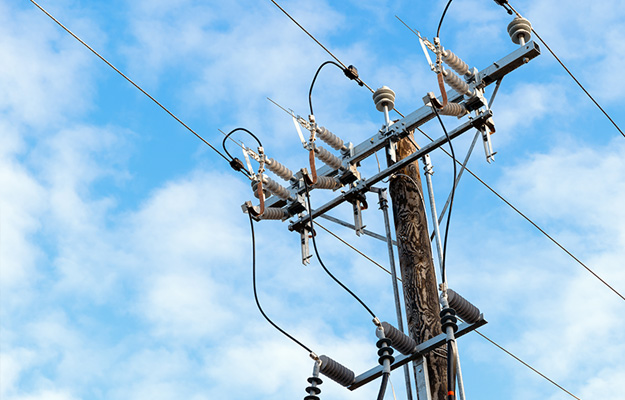The Institute of Economic Affairs is calling for a policy that will ensure that all government appointees pay for their domestic electricity usage.
In a number of recommendations ahead of the December 2024 elections, the think tank also proposed the energy bill collections should be optimised via installation of effective pre-paid meters for all users except critical national/public sector institutions.
It continued that a timeframe should be stipulated for manufacturing all pre-paid meters domestically to save foreign exchange and create domestic jobs.
Again, "The use of solar energy should be progressively increased in all public institutions to ensure more stable power to the institutions whilst the Independent Power Producers (IPPs) should be promptly reimbursed to assure uninterrupted supply of power".
Energy is a critical driver of economic growth. However, Ghana has long faced unstable power, which has been a drag on economic growth. Installed power capacity had long lagged growing.
During the 2013-2016, installed thermal capacity was racked up significantly to cope with a protracted period of hydro-power generation shortfall. This led to excess installed capacity, some of which was contracted on a costly take-or-pay basis.
However, IEA said the problem of unstable power has persisted due to several factors, including management deficiencies, financial constraints, transmission and distribution inefficiencies and tariff-cost mismatches. In addition to unstable power, it added that the cost of power to both businesses and households is also high.
The IEA advised the review of Past Power Purchase Agreements (PPAs) to reduce the budgetary burden of take-or-pay payments to the extent possible.
Additionally, it said "Future PPAs must be wholly transparent to ensure cost-effectiveness, whereas the Energy Sector Legacy Act (ESLA) should be reassessed with the view to bundling remaining PPA legacy debts and planning their liquidation over time".
Latest Stories
-
NPP needs a strong party to produce a president, not just a flagbearer – Patrick Boamah
5 minutes -
Fitch Solutions revises Ghana’s average inflation in 2025 to 17.2% – Fitch Solutions
12 minutes -
Fitch Solutions revises Ghana’s growth rate upwards to 4.9% in 2025
19 minutes -
Africa World Airlines expands regional operations to Ouagadougou from July 1
35 minutes -
The 60 MPs believe Bawumia is NPP’s best bet for 2028 – Dominic Nitiwul
41 minutes -
Frederick Asare parts ways with Asante Kotoko
59 minutes -
97% of agencies faced major creative campaign challenges -PMI Survey
1 hour -
Yaw Nsarkoh calls for overhaul of political parties to safeguard Ghana’s democracy
1 hour -
NPP vows to enforce discipline ahead of January 2026 presidential primary
1 hour -
Belgian league was a good opportunity to show my talent – Lawrence Agyekum
1 hour -
Yaw Nsarkoh decries decline in media standards
1 hour -
Yaw Nsarkoh calls for urgent chieftaincy reforms to strengthen Ghana’s democracy
2 hours -
Intellectuals must reclaim their role in strenghtening democracy in Ghana- Yaw Nsarkoh
2 hours -
Yaw Nsarkoh slams Ghana’s ‘Santa Claus Democracy’, warns against over-monetised politics
2 hours -
OSP charges four persons over attempted hijack of rice containers at Tema Port
2 hours

